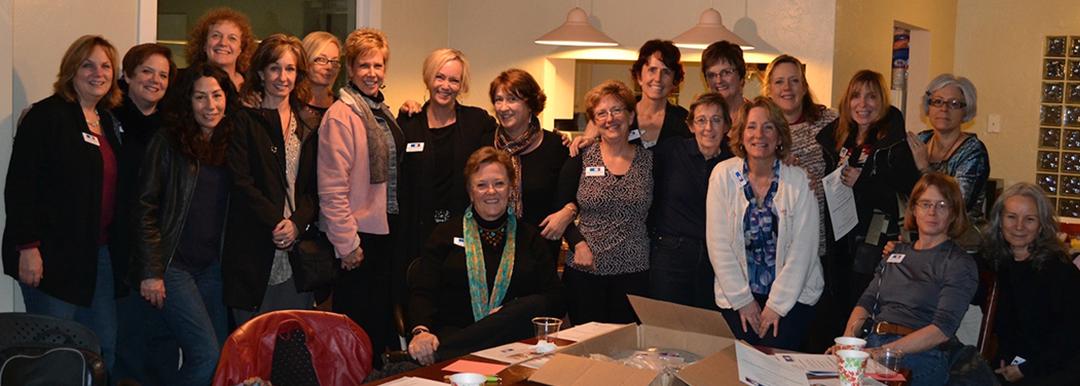Karen's Story
“Who actually sits down with patients and their families to explain the different diagnostic approaches and treatments available, and how informed are they when they sign on the dotted line? How do patients and families make complex medical choices that directly impact the quality and quantity of their lives? Everywhere I worked as a Clinical Nurse I felt there was a component missing from patient care.
No one was facilitating communication between all aspects of a patient's care team to ensure that all specialists were aware of a patient's full history, treatments, and medications. Compliance with treatment plans often failed because patients and families did not understand what they were doing. I wondered who was asking the questions patients and their families don’t know how to ask, looking for gaps in care, and spotting potential problems.
I saw patients who felt boxed in by a lack of options and saw the need for research and education about diagnostic and treatment options encompassing Integrative and Functional Medicine. And patients themselves expressed concerns and needs: “No one can diagnose my mystery illness. What do I do in a medical crisis? I see several doctors and specialists but they don’t seem to communicate with each other. I’m concerned about my medication. What are my treatment options?”
Where was the Patient Advocate with the clinical expertise to help navigate the healthcare system nightmare?
When I started investigating education opportunities to develop my skills as a Patient Advocate, I found none that were specific or complementary for Clinical RNs. I decided to start an independent practice and create a new model of patient-centered advocacy - RN Patient Advocacy. I had never started a business and I remember it being a bit intimidating and daunting; what were the legal and insurance ramifications? How would I get patients? How do I bill people?
I went to the Small Business Development Center; it took me a while, but I wrote my first business plan to forge my map forward. It was a big change getting used to seeing myself as a business owner and independent practitioner, especially learning to charge for my services. I began to realize how valuable my knowledge and expertise could be to my patients (who I increasingly started to think of as my clients.)
As I continued to practice it became clear to me that my work was critically important to my patient’s health and wellness. Built on a strong foundation of clinical experience, I developed an effective Advocacy Process (c) that improved health outcomes. In addition to educating my patients, I created collaborative medical teams to maximize the best possible outcomes for my patients.
RN Patient Advocacy provides for improved safety and education of both hospitalized and community-based patients at this time of increasing numbers of medical errors which result in complications and deaths. It was clear that these errors are largely a phenomenon of medicine for profit, not a result of substandard doctors and nurses.
More patients found me and I learned how to get my message out. Doctors started thanking me. The more physicians I worked with, the more open and accepting they became about working together. Face it, their patients who worked with me did better than many who did not. Also, my work made their lives easier and made them look good. They saw the benefits of reducing the risk of medical errors (thus reducing their malpractice insurance exposure), becoming more aware of their patients’ full histories as well as the work done by their peers on those patients, and the value of the increasing levels of health literacy of their patients.
Nurses began to call and email from all over the nation as well as from Canada and as far away as Saudi Arabia! Experienced clinical RNs were becoming as frustrated as I with the system and looking for alternative ways to stay in the field while utilizing their knowledge and skills more effectively. There just aren’t that many choices beyond the clinical arena for clinical RNs. Seven years into patient care using the Patient Advocacy Model I knew it was time to help other RNs do what I was doing – to experience the excitement and joy of direct patient advocacy.
Clinical RNs can be positive agents for change in the health care system of the US. Through our efforts, our patients benefit twice: first in the improved outcomes and cost savings in management of their immediate health problems and second, by learning why and how to advocate for themselves. It is this last part that holds such hope for our nation’s health care system: to facilitate patients becoming active agents in their own care so they are not so vulnerable.
In 51 years of clinical practice, the role of independent RN Patient Advocacy is the most creative, exciting and rewarding practice I have ever experienced. Are you ready for an innovative and exciting new career?”

